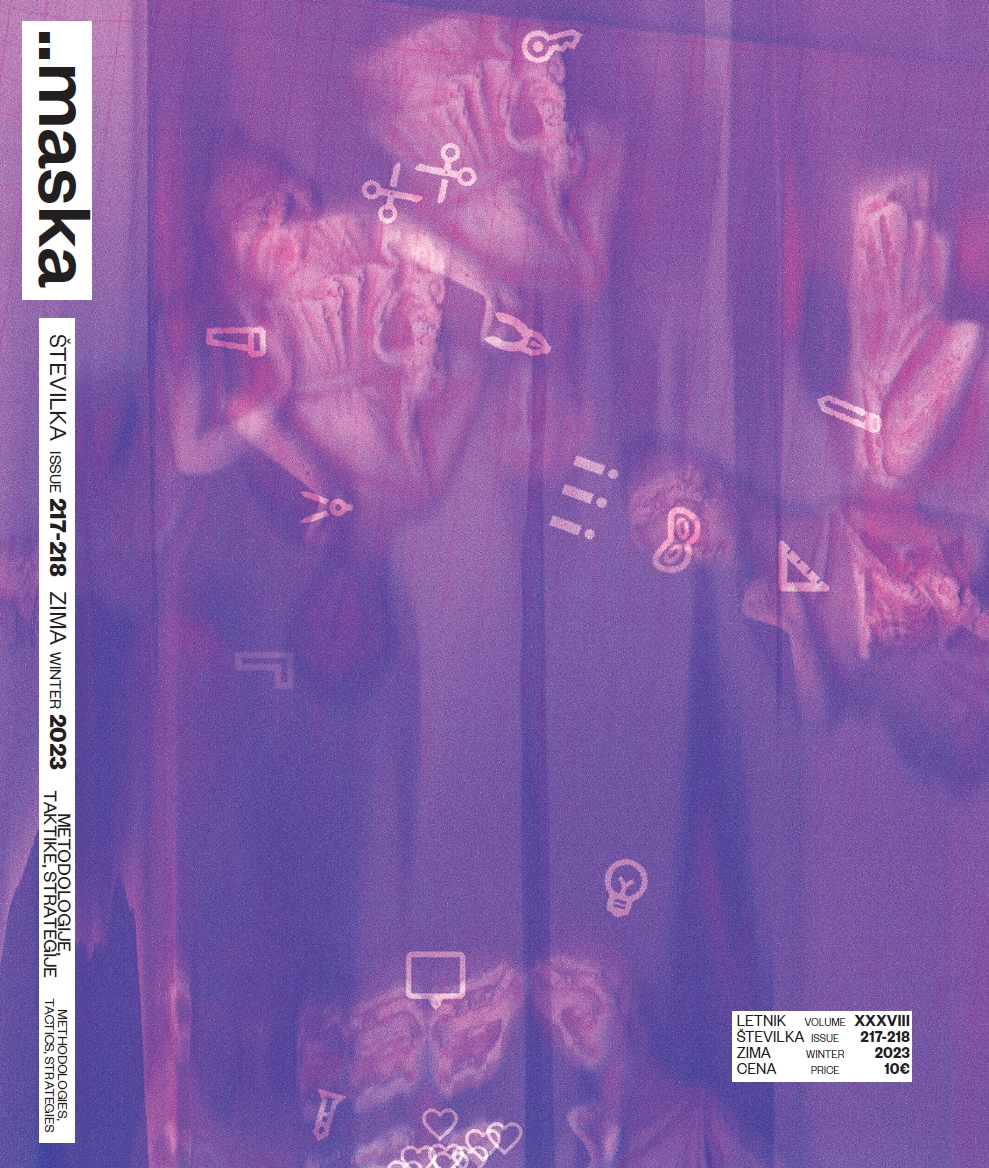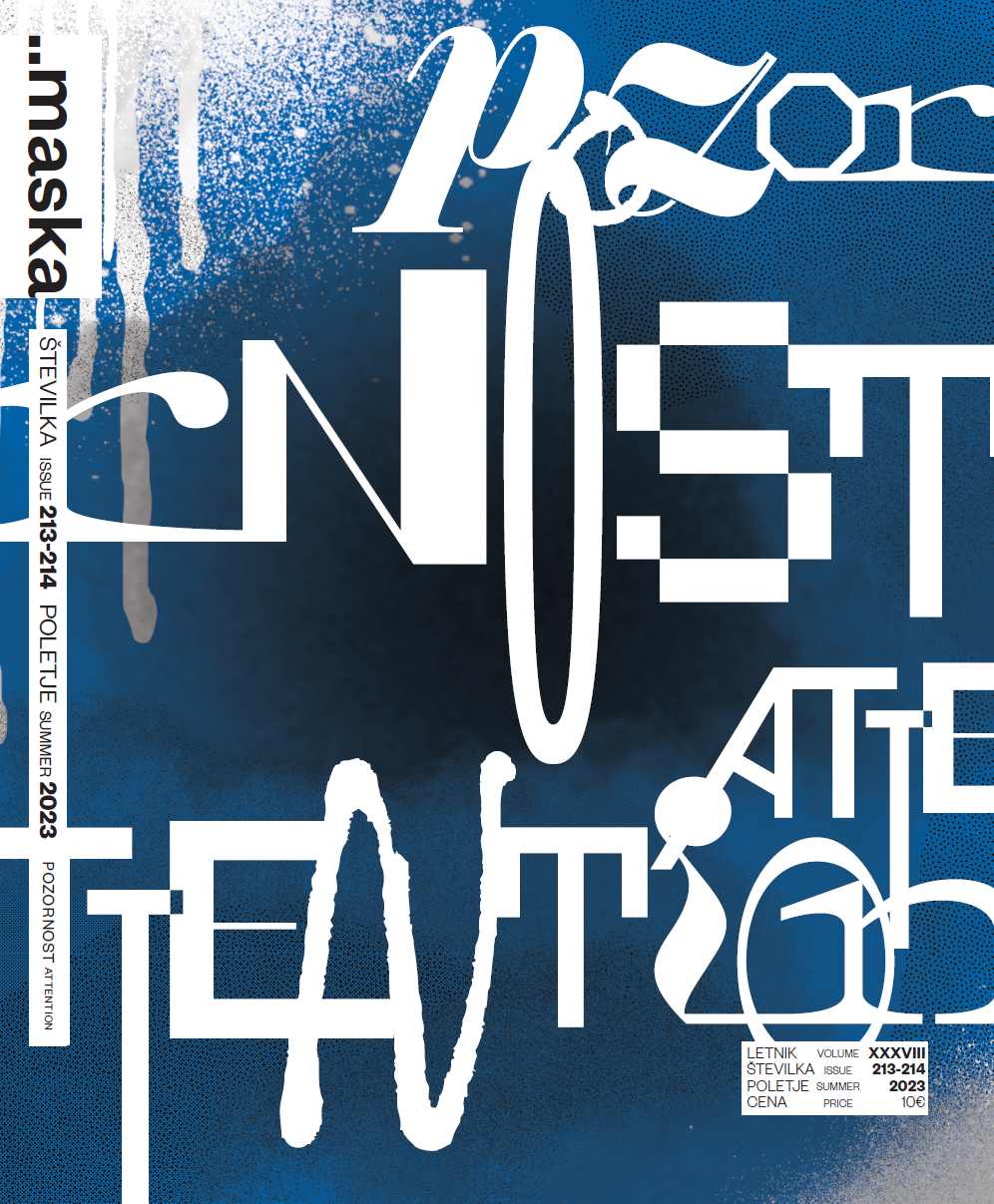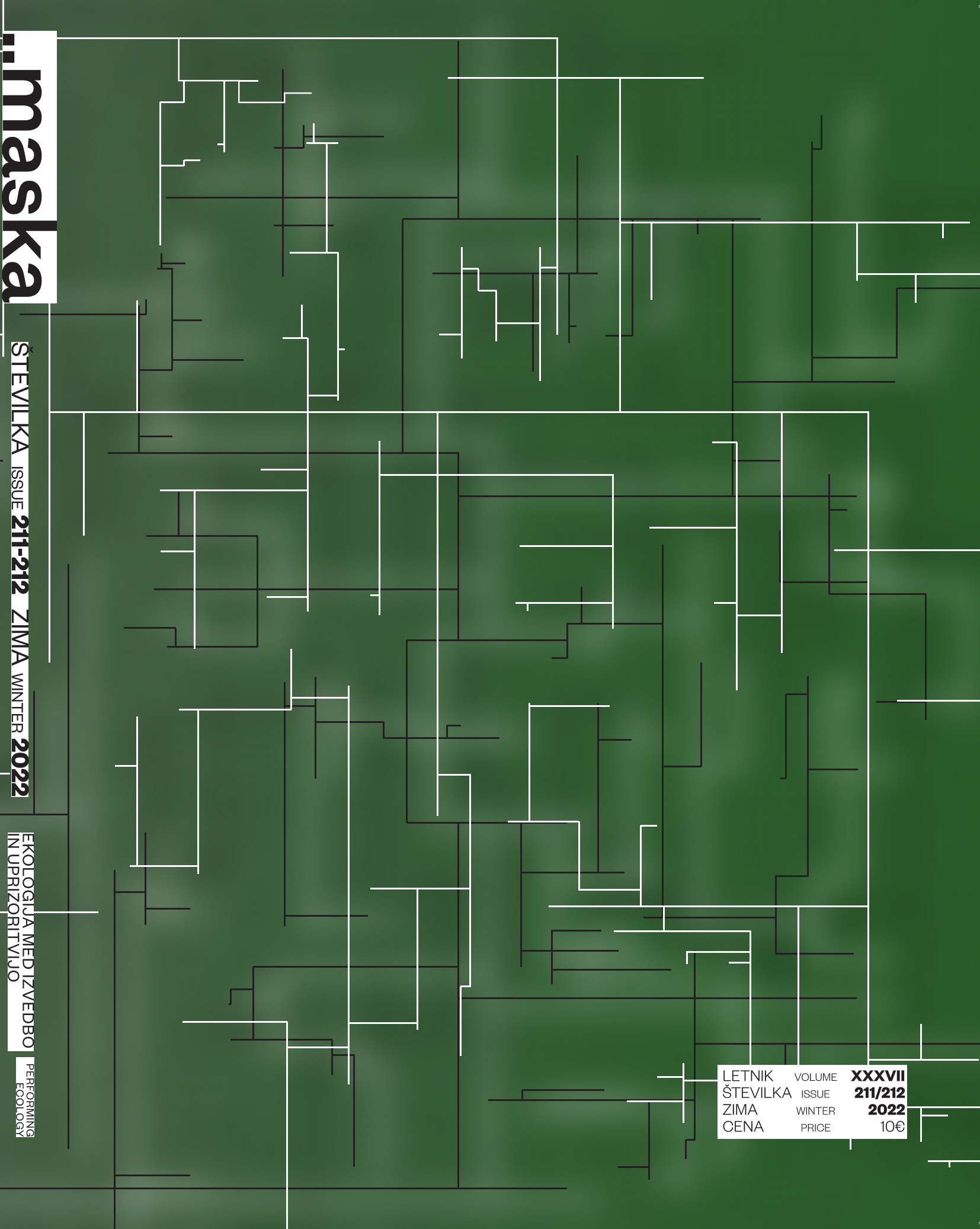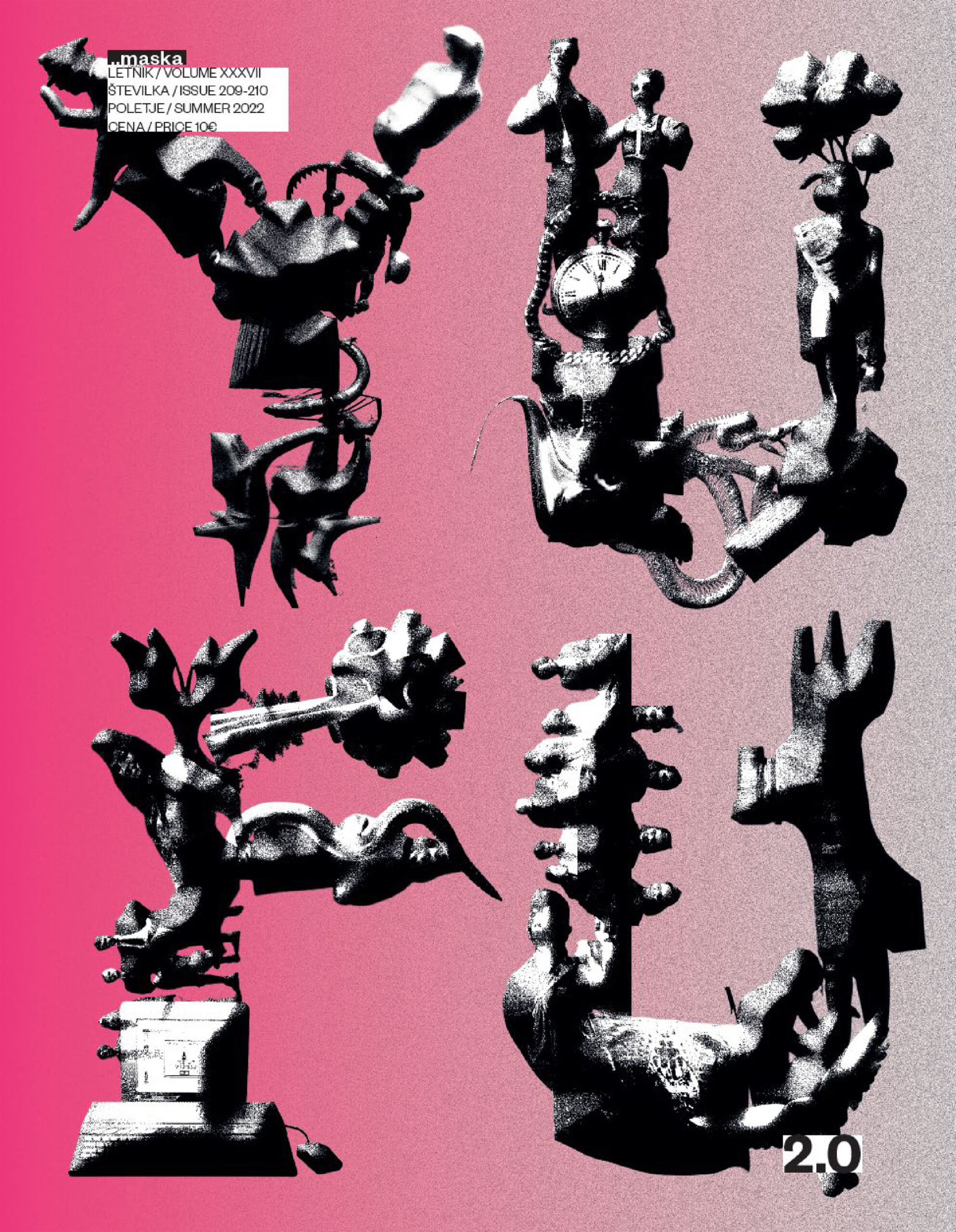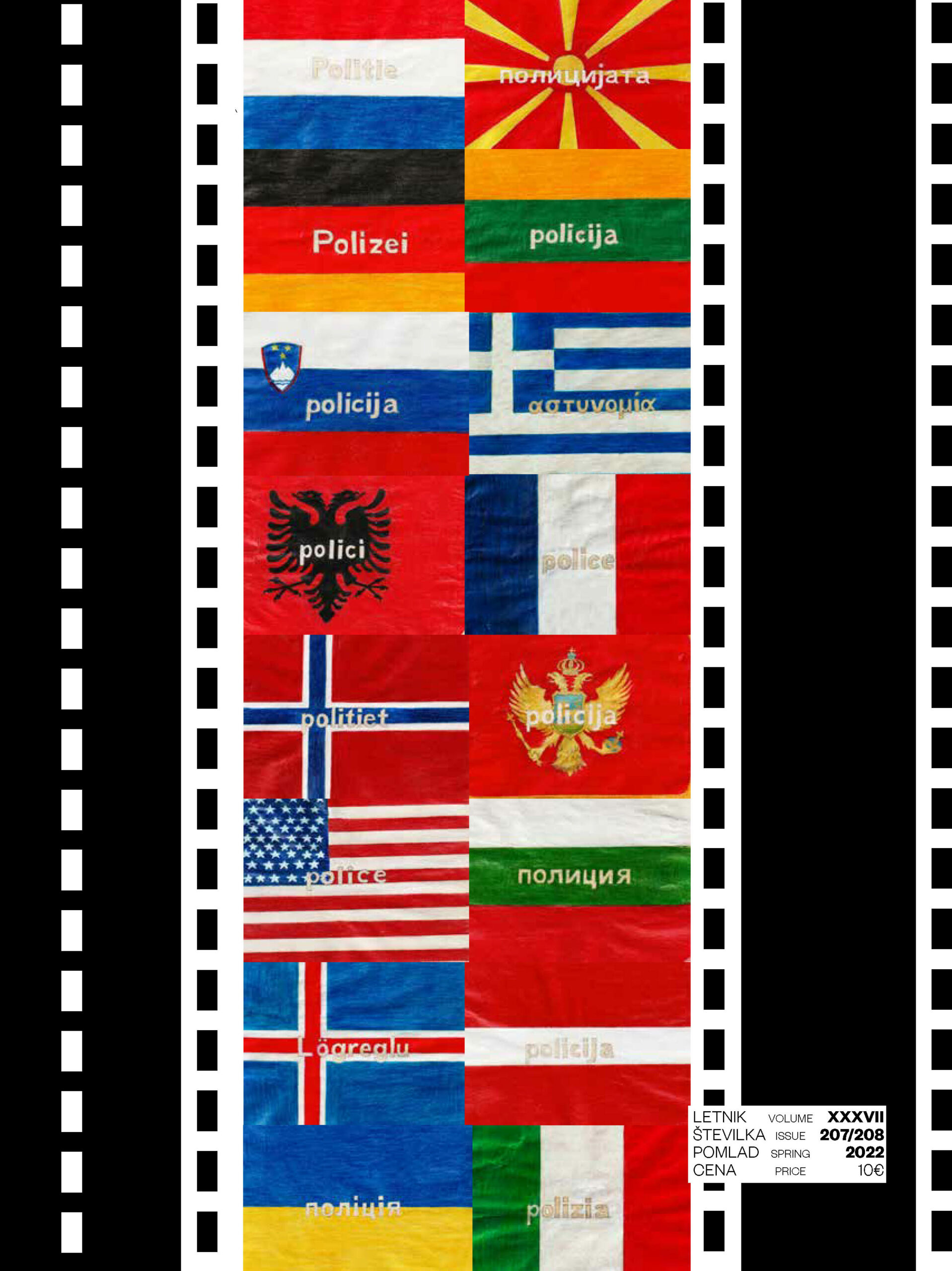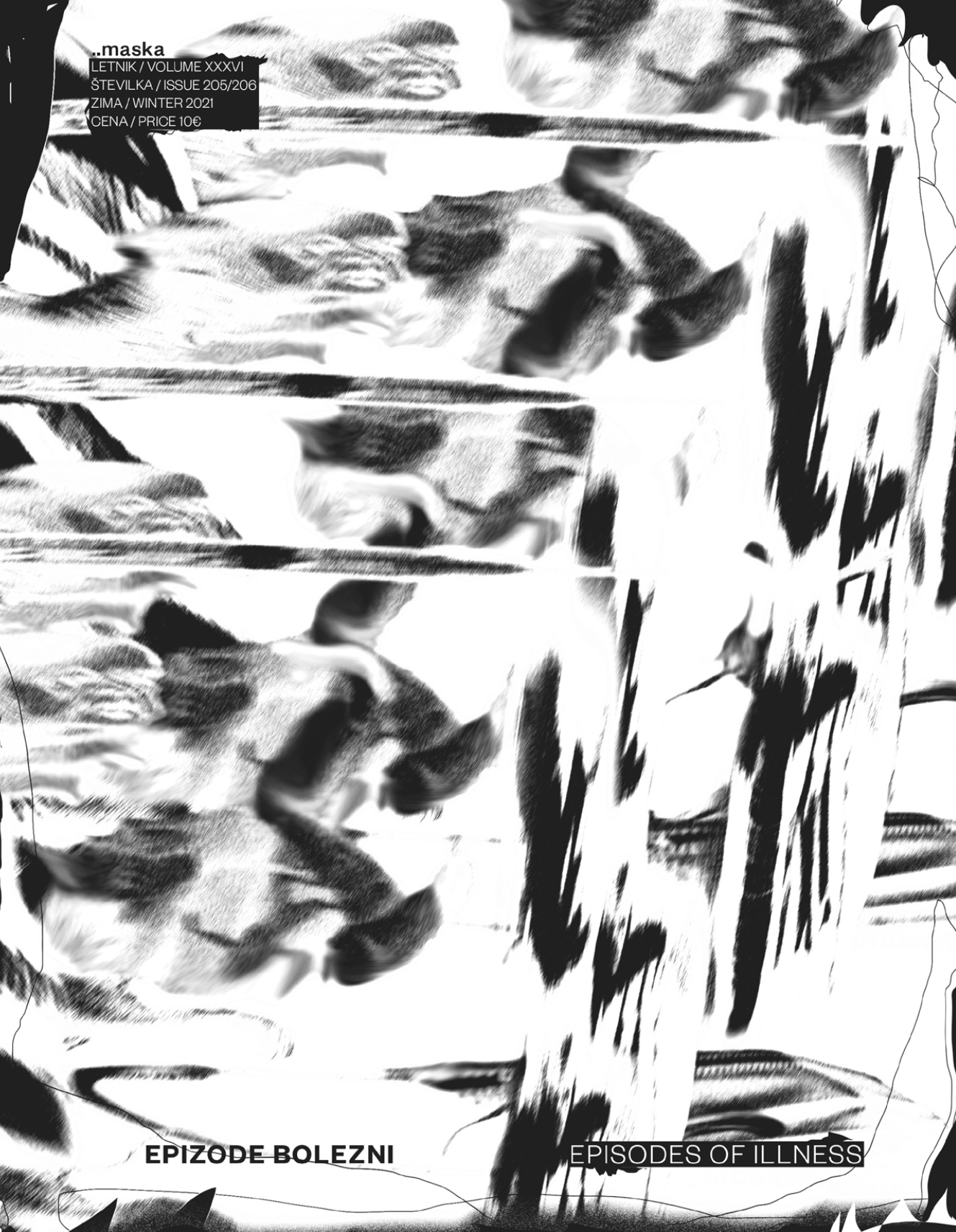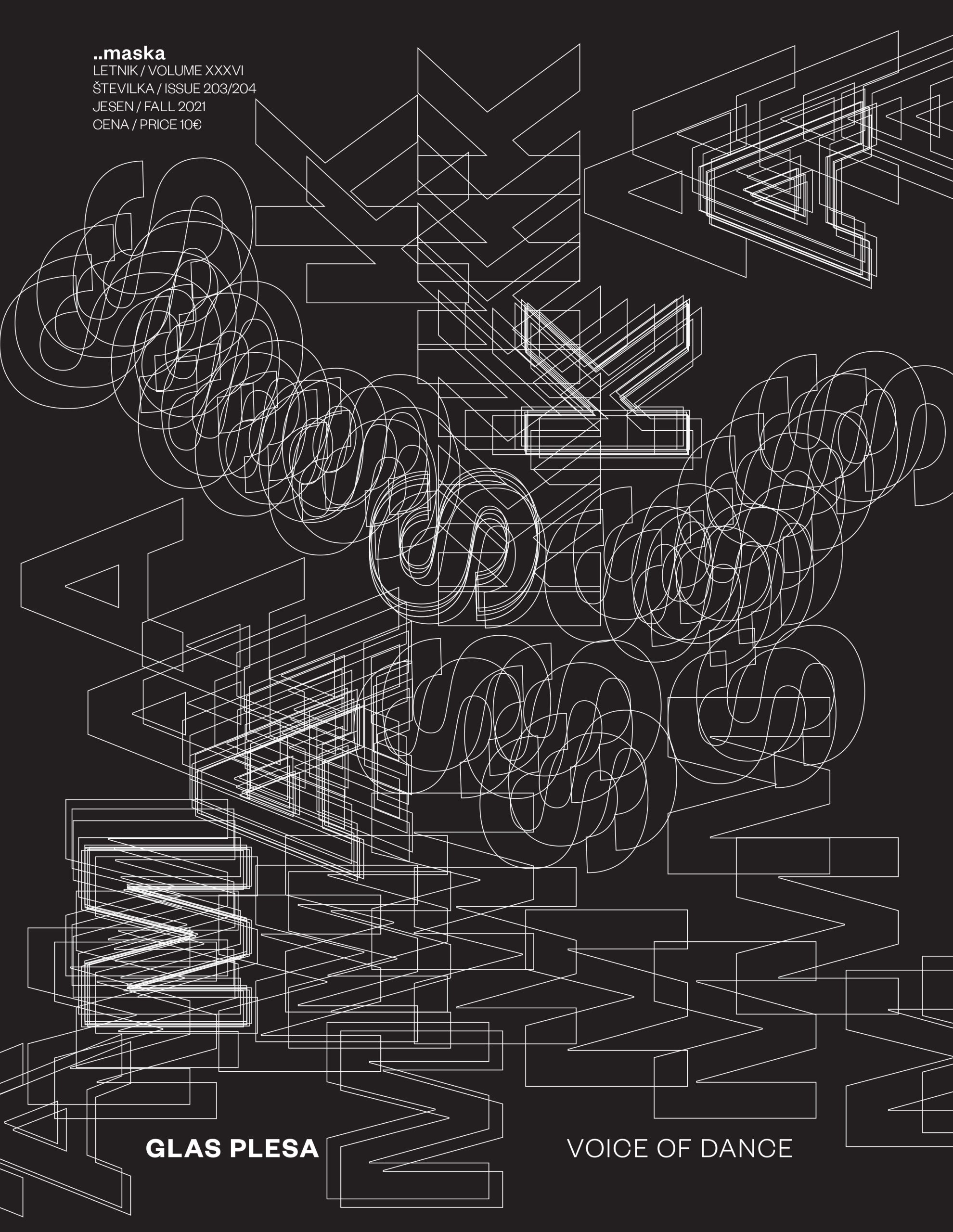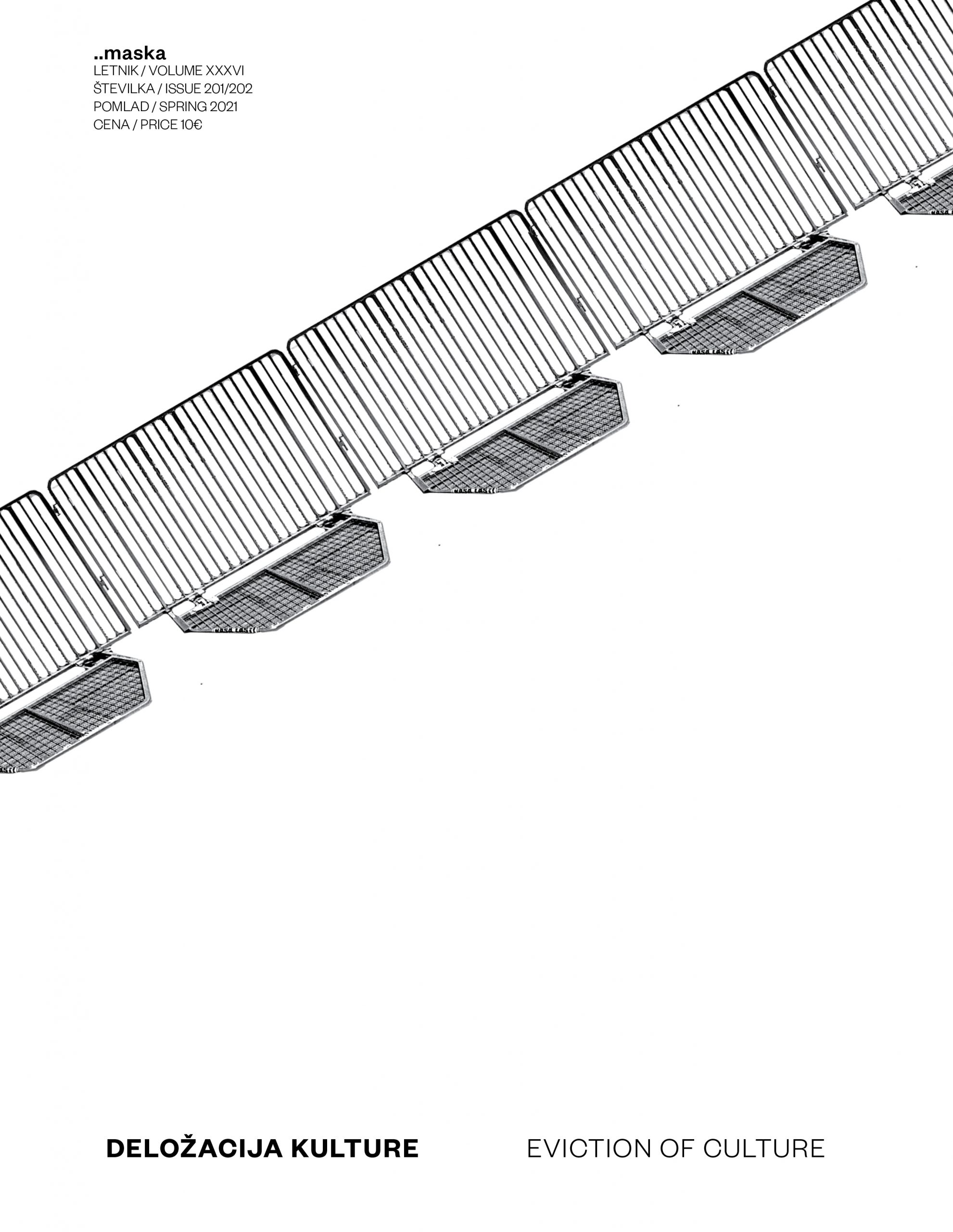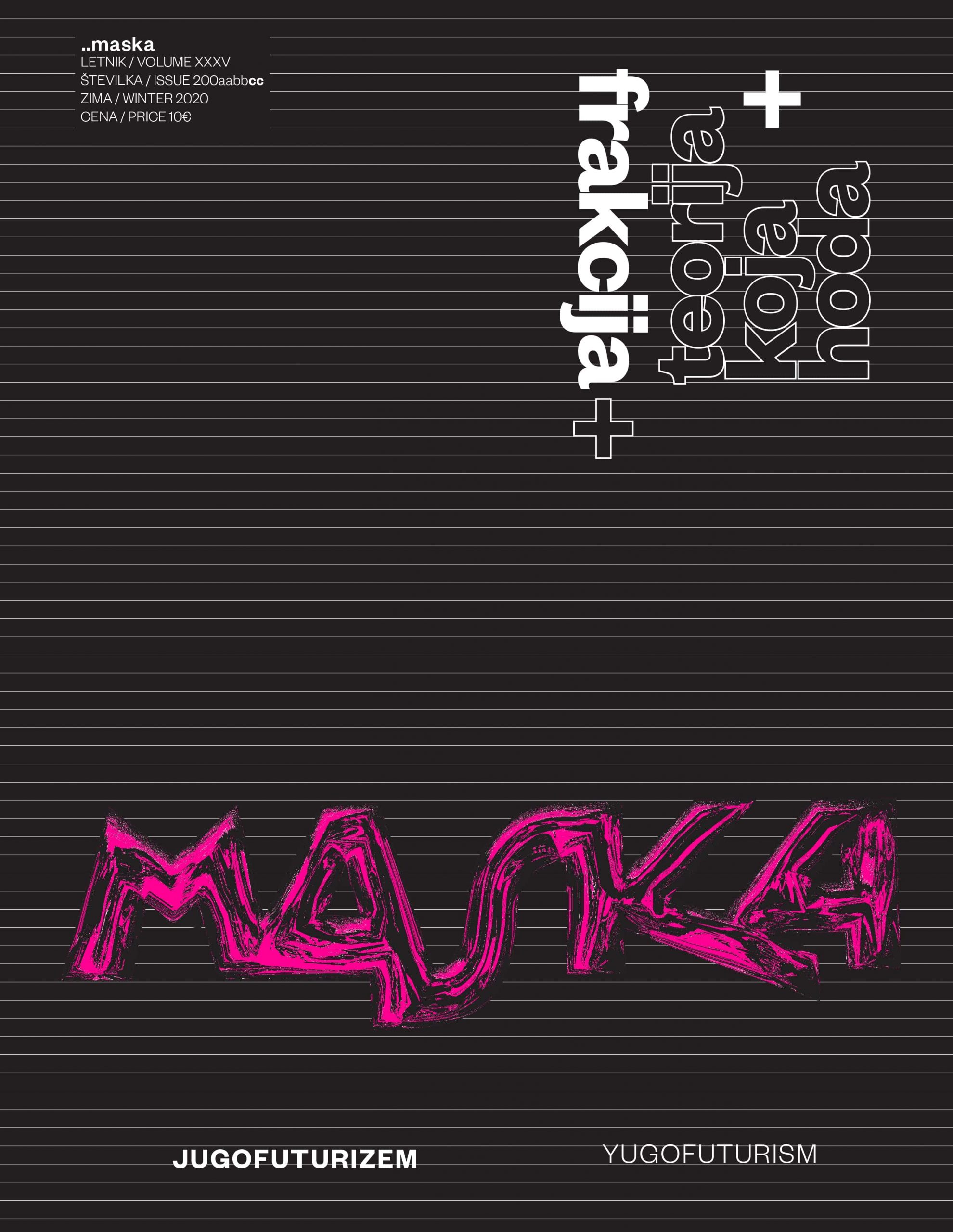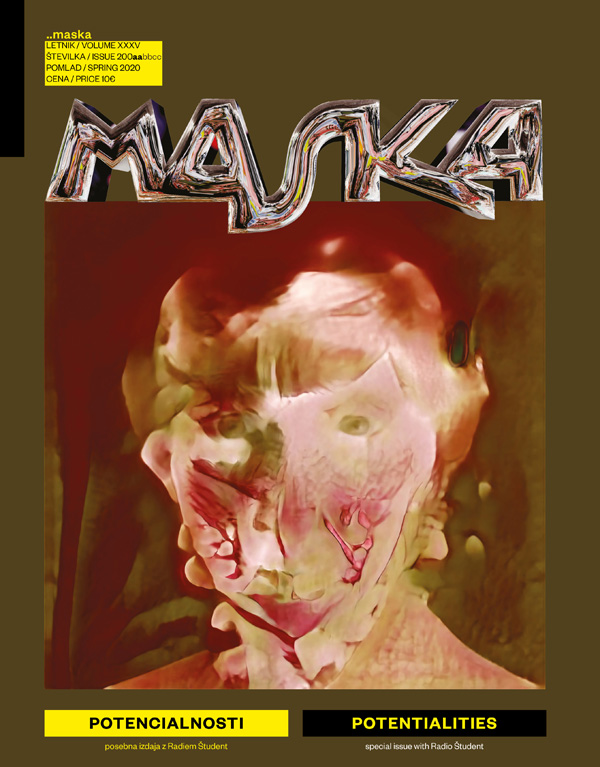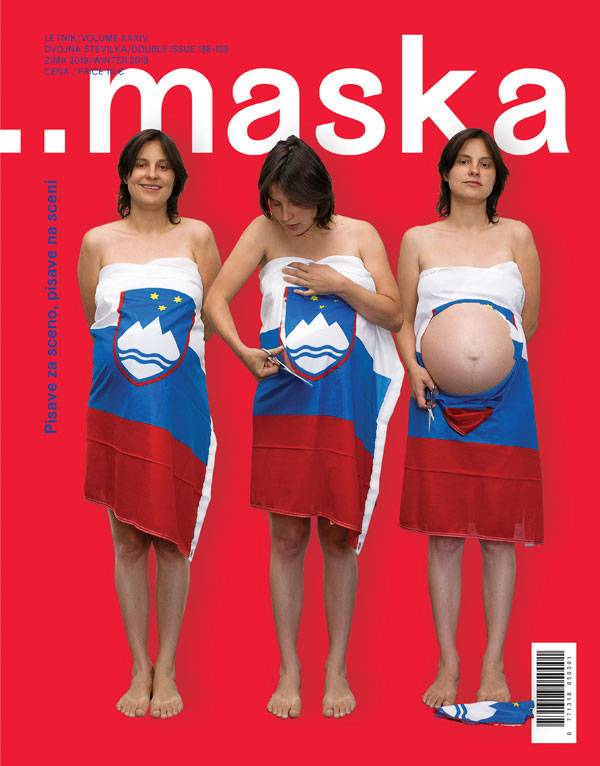Theatre and Cultural Struggle
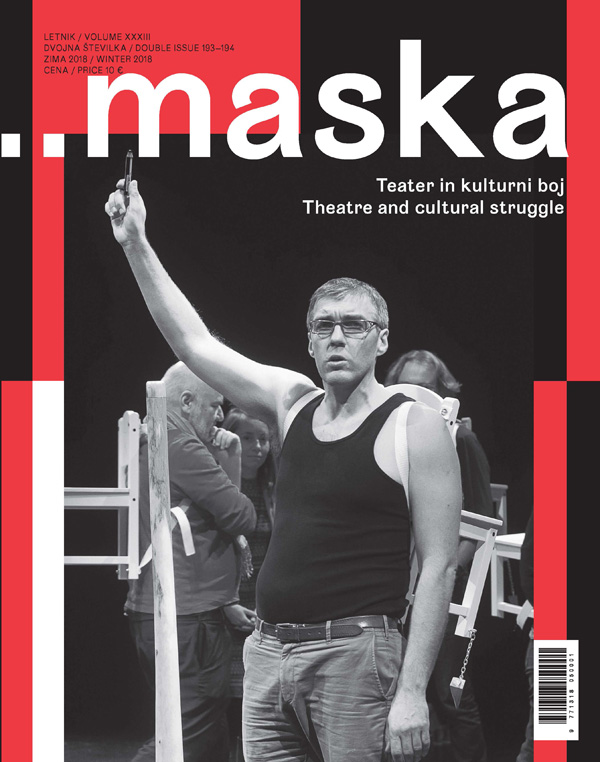
Art has always been a torrent for various political forces, which, as resources have been cut, have caused the cultural space to behave increasingly “Hobbesian” in the sense of “man to man, wolf to wolf”. In 1651, the English philosopher Thomas Hobbes, in his work Leviathan, which is still the subject of controversy in scholarly circles, systematically presented the idea of the social contract and the state of nature, presenting society as divided by conflict and thus justifying absolutist rule.
Today, uncouth, unenlightened absolutists are grazing all over the world, fewer and fewer in number and more and more powerful, while structural cynicism permeates every pore of public and private life. In this fascistoid state, social networks are also taking on a distinctly dispersive function; on the one hand, they are becoming social cesspools of hate speech, on the other, they are enabling different ways of connecting and delivering content, as well as action and dissemination.
It has been a few years since the Arab Spring, but we still had to wait a while for the world to ‘see’ a 16-year-old Swedish teenager, autistic, diagnosed with obsessive-compulsive disorder and selective mutism. But also an activist and – an artist.
Year XXXIII, no. 193–194 / autumn 2018
ISSN 1318-0509
We are all Greta or the struggle to overcome Leviathan
On Friday 15 March 2019, the “We Are All Greta” movement sparked a “climate strike” of young people around the world, making it clear that the fight for the environment is a fight for our common future. 64 countries, more than 600 places. As Jure Trampuš and Staš Zgonik wrote in Mladina [1], at the end of August 2018, at a time when Sweden was in the midst of an election battle and the country was drowning in heat and forest fires, a 16-year-old Swedish teenager, Greta Thunberg, put up a banner in front of the Swedish Parliament, reading Skolstrejk för klimatet (School strike for climate). Instead of going to school on Fridays, she went on strike, appearing outside Parliament every Friday. After a few weeks, Swedish MPs began to denounce her. She did not give in and continued her strike on Fridays. Her struggle and her perseverance have meant that today the whole world knows about her. But she herself, as she explained to a reporter from the American New Yorker, sees the world differently, from a different perspective, often in black and white because of her autistic spectrum disorder, and cannot understand the political ignorance in the face of the fact that climate change is a threat to humanity. Greta went into battle alone. Today, she is no longer alone. We all need to become Greta.
In parallel, the issue of Maska that is before you has been more than a year in the making, and I am delighted that it will finally be published, even if I have not been able to include everything I wanted to (because of its limited size). I hope that the new editors will be able to include some of the content, and I apologise publicly to the authors I have not included. Nevertheless, I also wanted this issue to be broad and topical, which is difficult to achieve in journals and publications in the field of contemporary performing arts, as the notion of “broadness” is relative. Broadness should therefore be understood as an international stand-in for the “struggles” that are taking place on different fronts and in different fields, namely the struggles for the (im)possibility of the particular, the partial, the marginal, the overheard, and for achieving continuity and development in the field in the times of the sharp cuts that have taken place since 2008. Enough has been written about the production situation and the general chaos and intractability of things in the field – so this time I was interested mainly in the line of how the “state of things” intervenes concretely; both in individual stage “products” and in the field of festivals and their politics. The cover article is an exceptional piece by Bojana Kunst, which gives context to the whole issue and which places the struggle in the concrete case of the “Volksbühne”, followed by Mojca Puncer’s lucid meditation on Maret Bulc’s First Altruistic Performance, which puts it all in the context of the public space. Lilijana Stepančič contributes a historical comparativist view of Triglav as a national symbol and takes us through the use of this symbolic site in artistic practices. Magdalena Germek’s reflection on a poetic reading of Bara Kolenc’s Metamorphosis No. 4: Black Holes offers insight into where the viewer’s/thinker’s mind can go and what kind of “taste” a particular performance can leave. This is followed by: an activist review of the Teatertreffren festival by Blaž Gselman, a critical definition of the Kunstenfestival by Alja Lobnik, an insight into last year’s European Theatre Award by Ana Perne, and Sam Oleami’s deep reflection on the Spider Festival 2017 through the “eyes” of Matej Kejžar’s The House. Perhaps it is also worth mentioning here the potential of all the other performances I have in mind to be further rethought in the near future, such as the performance 6 directed by Žiga Divjak, which actually opens up a space of discursive struggle for visibility of wider social anomalies and acute wounds. In this sense, the struggle should (s)remain – a struggle for different views, for self-reflection, for openness, for community, for justice, for transcending Leviathan. We are all Greta.
[1] Trampuš, Jure, Zgonik, Staš: »Vsi smo Greta«, Mladina, št. 10, 8. 3. 2019. Available at: https://www.mladina.si/189959/vsi-smo-greta/. (17. 3. 2009)
Contents
Dr Bojana Kunst:
The Case of Voksbuhne: Theatre and the Cultural Struggle
Dr. Mojca Puncer:
On Mare Bulc’s First Altruistic Performance, The (Im)possibility(s) of the Alternative and a Note on Ljubljana’s Social Choreography
Lilijana Stepančič:
The Trojan Horse Triglav by OHO as an Antisymbol of a Powerful National Symbol and its Anti-reconstructions
Magdalena Germek:
Are Black Holes Actually Black
Blaž Gselman:
Theatretreffen 2018: The Self-sufficiency of the Liberal Gaze
Alja Lobnik:
Kunstenfestivaldesarts 2018: Market and/or Heterotopia – The Extended Logic of Festival Action and Some Contextual Highlights
Ana Perne:
What is the European Theatre Reality Prize Named After?
Just Oleami:
Following the Spider’s Trail. The Architecture of the House and the Marching Equipment
